The project NIRUBIS is part of the RECOMINE alliance. The recomine-alliance has the vision of further developing regionally grown competences in the field of environmental technologies and linking them with technologies for the development of disperse raw material sources.
The NIRUBIS test site is a historical tailing of the closed tin mine in the ore mountains of Saxony in Germany. At the subject site GECCOTEC utilized the MPT tool testing specially developed windows at the probe housing. In September 2022 the GECCOTEC team and their partners performed MPT logs at 40 locations with a total meterage of 450 m. The maximum deth was 16m with a daily average of 100 m. The dynamic work plan was based on the in-situ and real time results, starting with a systematic grid of 25 locations. Another 15 MPT logs were added to cover uncertainties in the database.
The new developed 3D designed MPT window could demontrate durability and robustness while allowing for minimum X-ray adsorption for low detection limits.
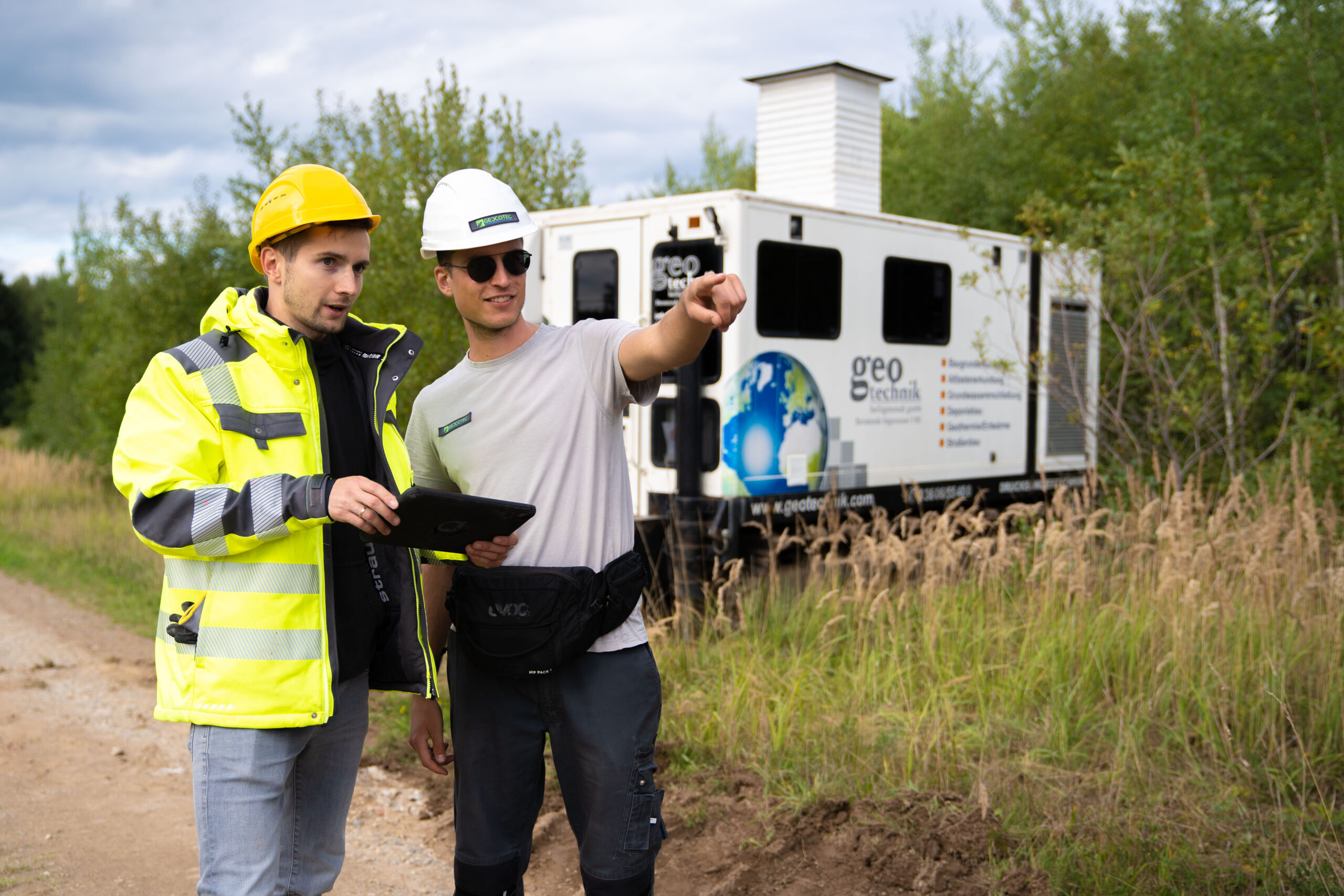
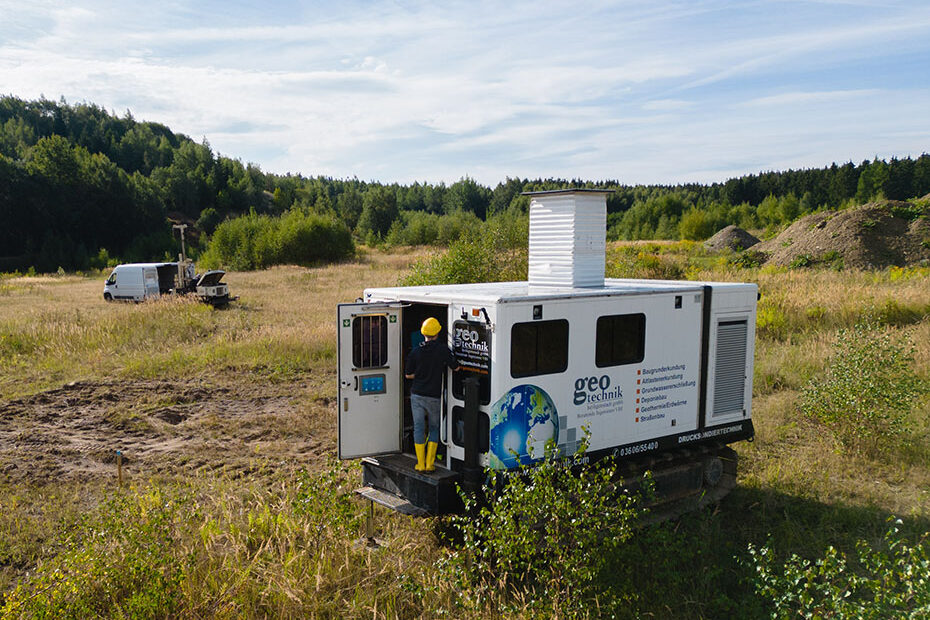
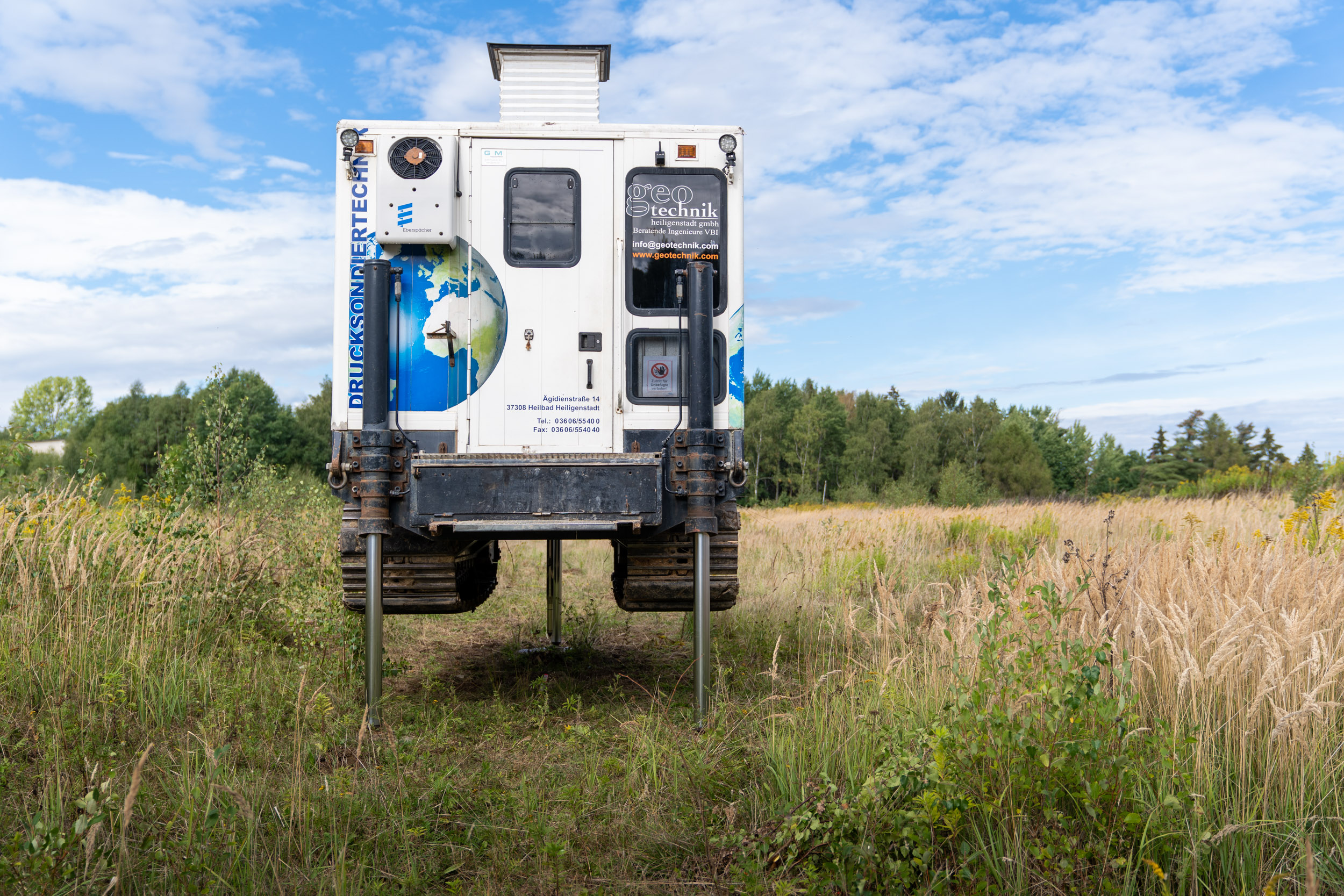
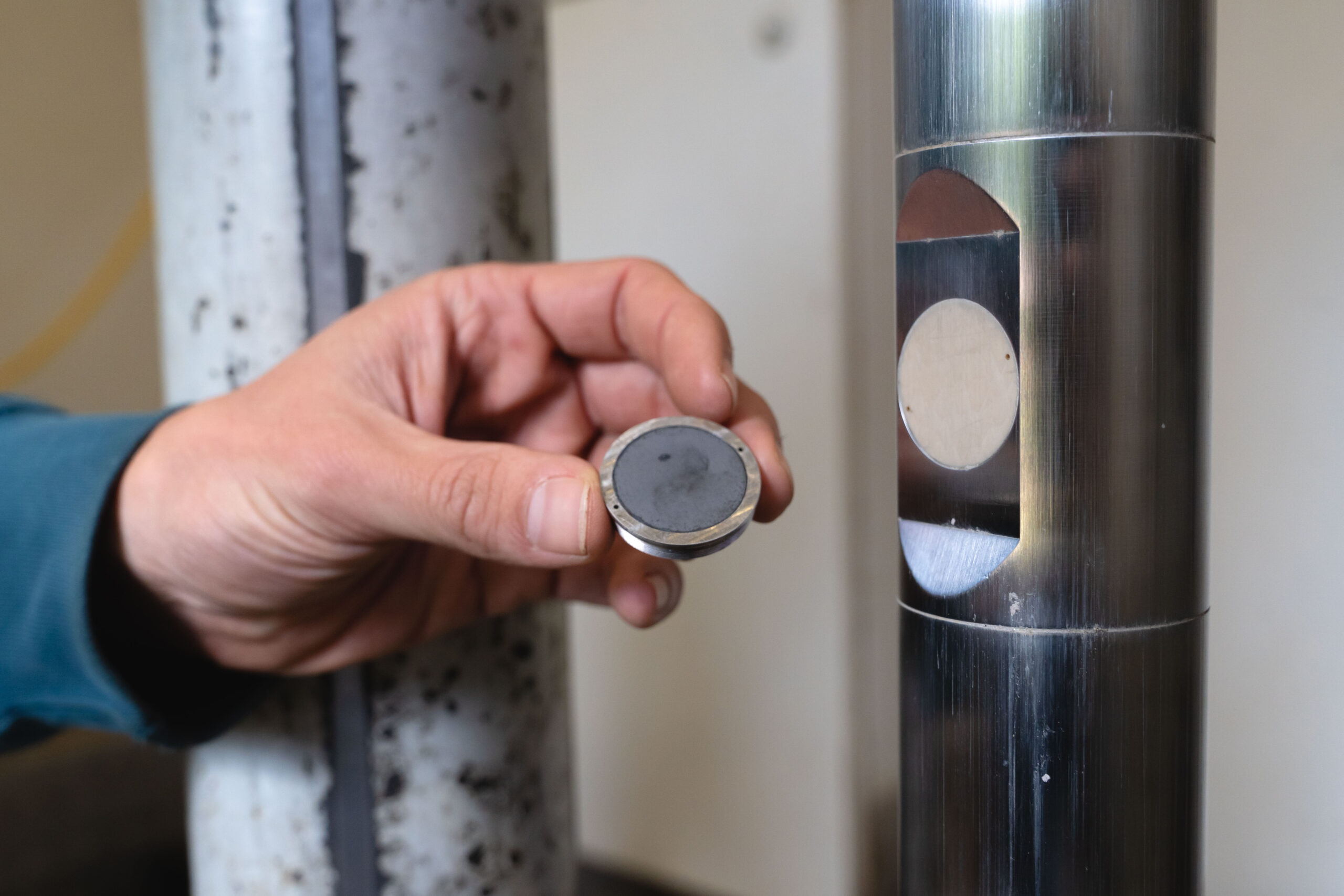
The identified element concentrations will be linked to comprehensive particle based and mineralogical data transferred to a 3D model and processed further geostatistically considering differentiated sedimentary bodies.
In a further step, the bioleaching potential of valuable metals and contaminants will be evaluated and quantified by using sample material. The project will develop the new combination of approaches and methods for providing a database for secondary mining and contaminant recovery / containment from mine tailings.
The NIRUBIS project contributes to a deep understanding of tailing bodies and builds the economic basis for feasibility studies of in-situ recovery of valuable elements. The overriding target is the transferability and scalability of the methodology to other locations in the region and worldwide.
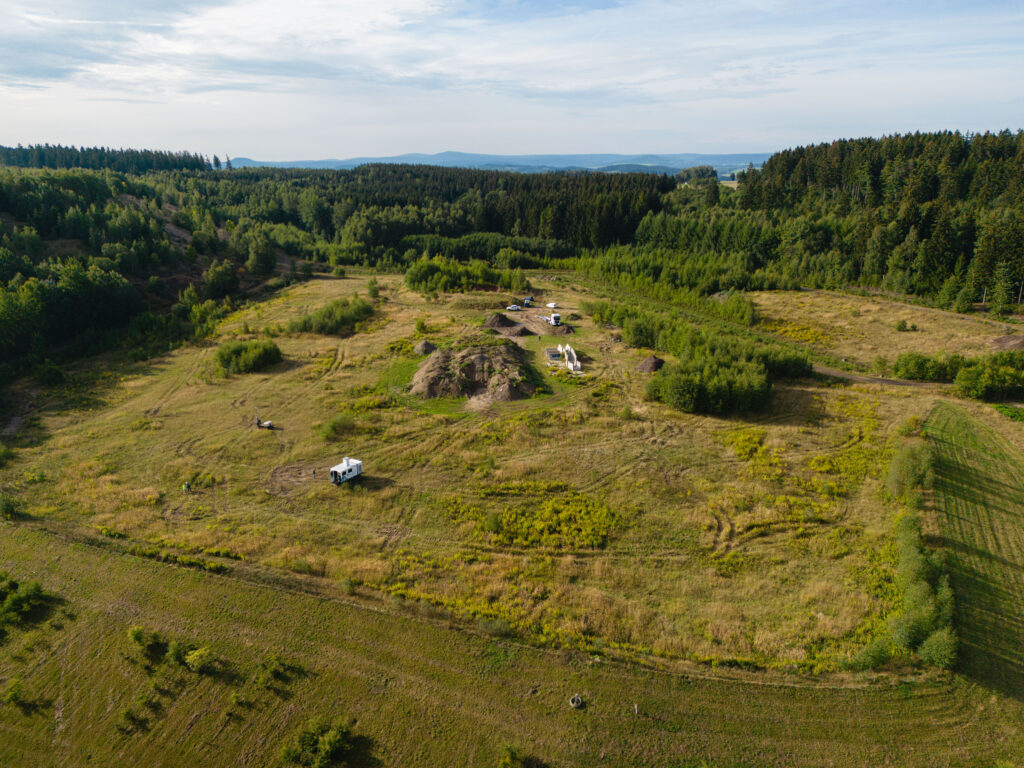
| Cookie | Duration | Description |
|---|---|---|
| cookielawinfo-checkbox-advertisement | 1 year | Set by the GDPR Cookie Consent plugin, this cookie is used to record the user consent for the cookies in the "Advertisement" category . |
| cookielawinfo-checkbox-analytics | 11 months | This cookie is set by GDPR Cookie Consent plugin. The cookie is used to store the user consent for the cookies in the category "Analytics". |
| cookielawinfo-checkbox-functional | 11 months | The cookie is set by GDPR cookie consent to record the user consent for the cookies in the category "Functional". |
| cookielawinfo-checkbox-necessary | 11 months | This cookie is set by GDPR Cookie Consent plugin. The cookies is used to store the user consent for the cookies in the category "Necessary". |
| cookielawinfo-checkbox-others | 11 months | This cookie is set by GDPR Cookie Consent plugin. The cookie is used to store the user consent for the cookies in the category "Other. |
| cookielawinfo-checkbox-performance | 11 months | This cookie is set by GDPR Cookie Consent plugin. The cookie is used to store the user consent for the cookies in the category "Performance". |
| CookieLawInfoConsent | 1 year | Records the default button state of the corresponding category & the status of CCPA. It works only in coordination with the primary cookie. |
| elementor | never | This cookie is used by the website's WordPress theme. It allows the website owner to implement or change the website's content in real-time. |
| viewed_cookie_policy | 11 months | The cookie is set by the GDPR Cookie Consent plugin and is used to store whether or not user has consented to the use of cookies. It does not store any personal data. |
| Cookie | Duration | Description |
|---|---|---|
| CONSENT | 2 years | YouTube sets this cookie via embedded youtube-videos and registers anonymous statistical data. |
| Cookie | Duration | Description |
|---|---|---|
| VISITOR_INFO1_LIVE | 5 months 27 days | A cookie set by YouTube to measure bandwidth that determines whether the user gets the new or old player interface. |
| YSC | session | YSC cookie is set by Youtube and is used to track the views of embedded videos on Youtube pages. |